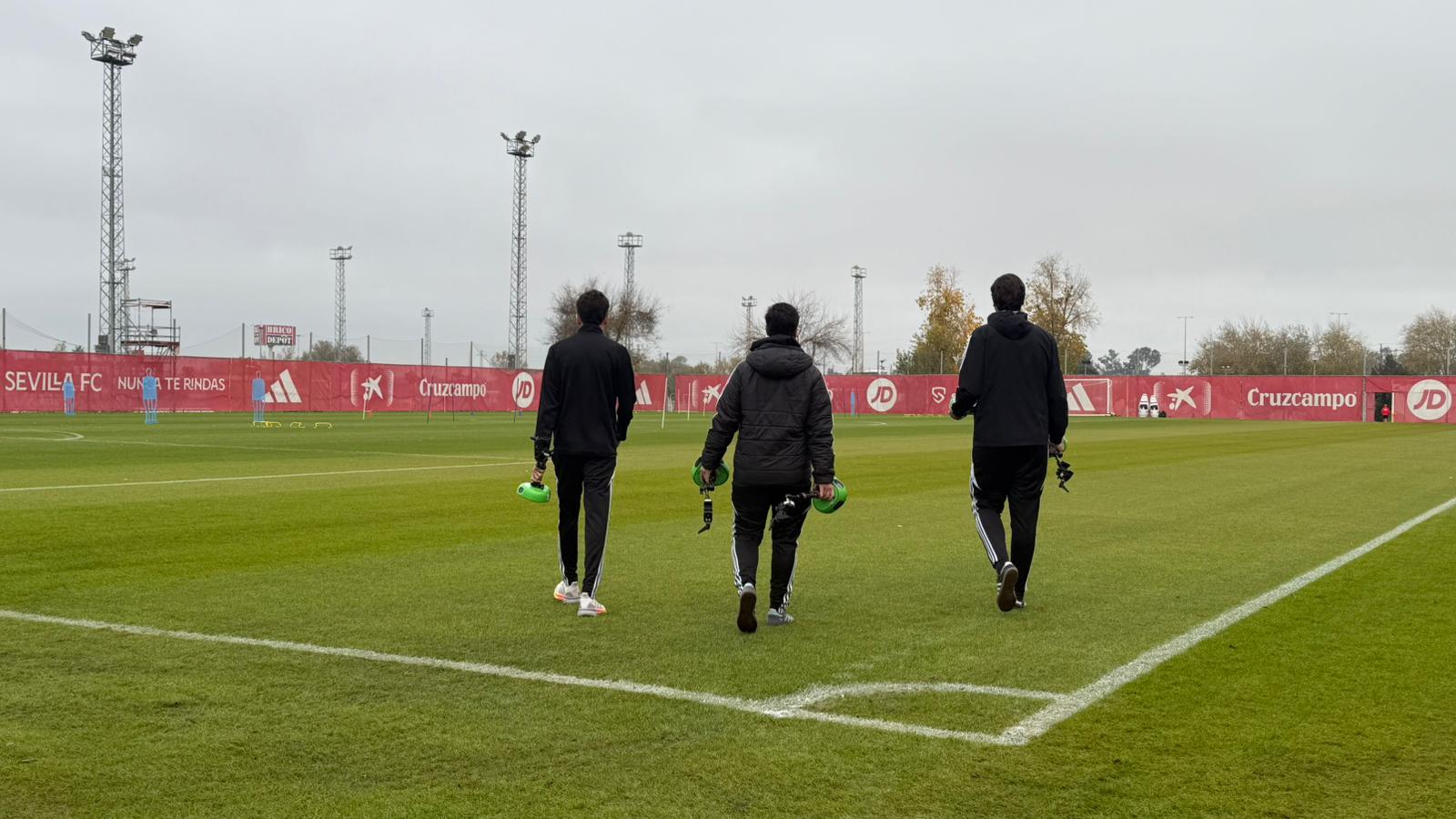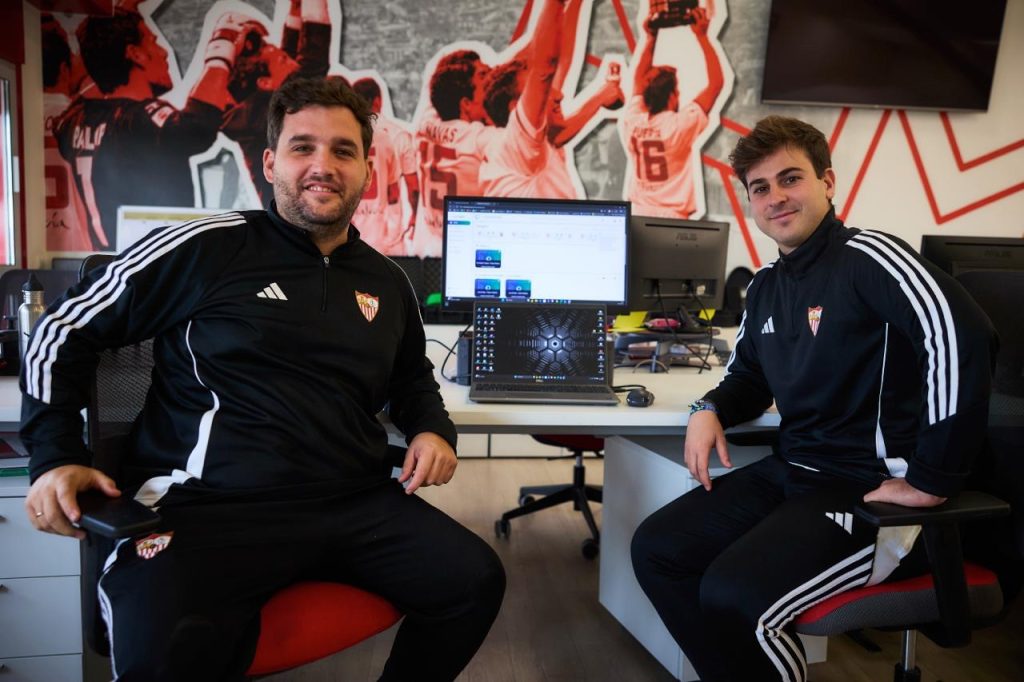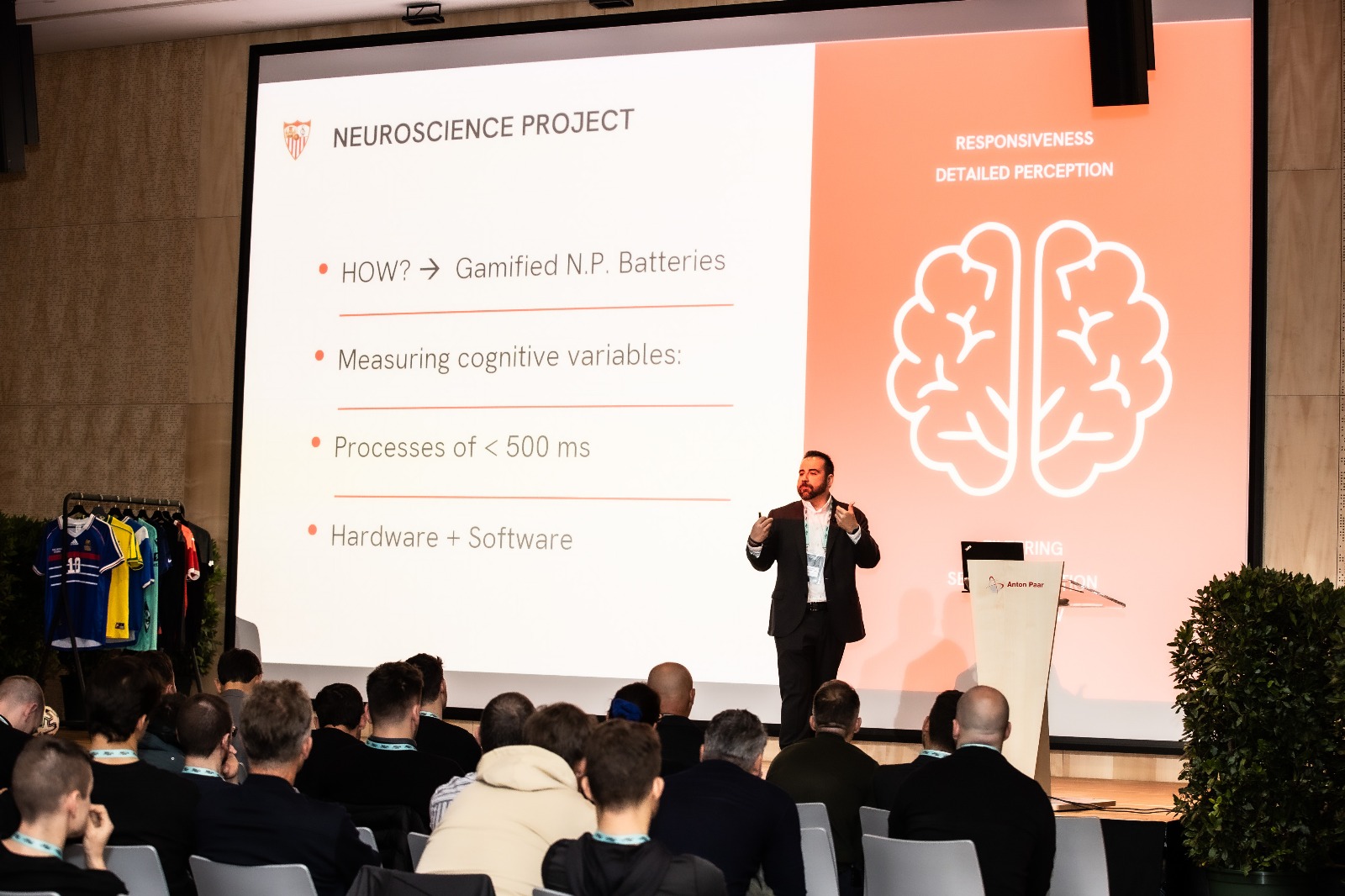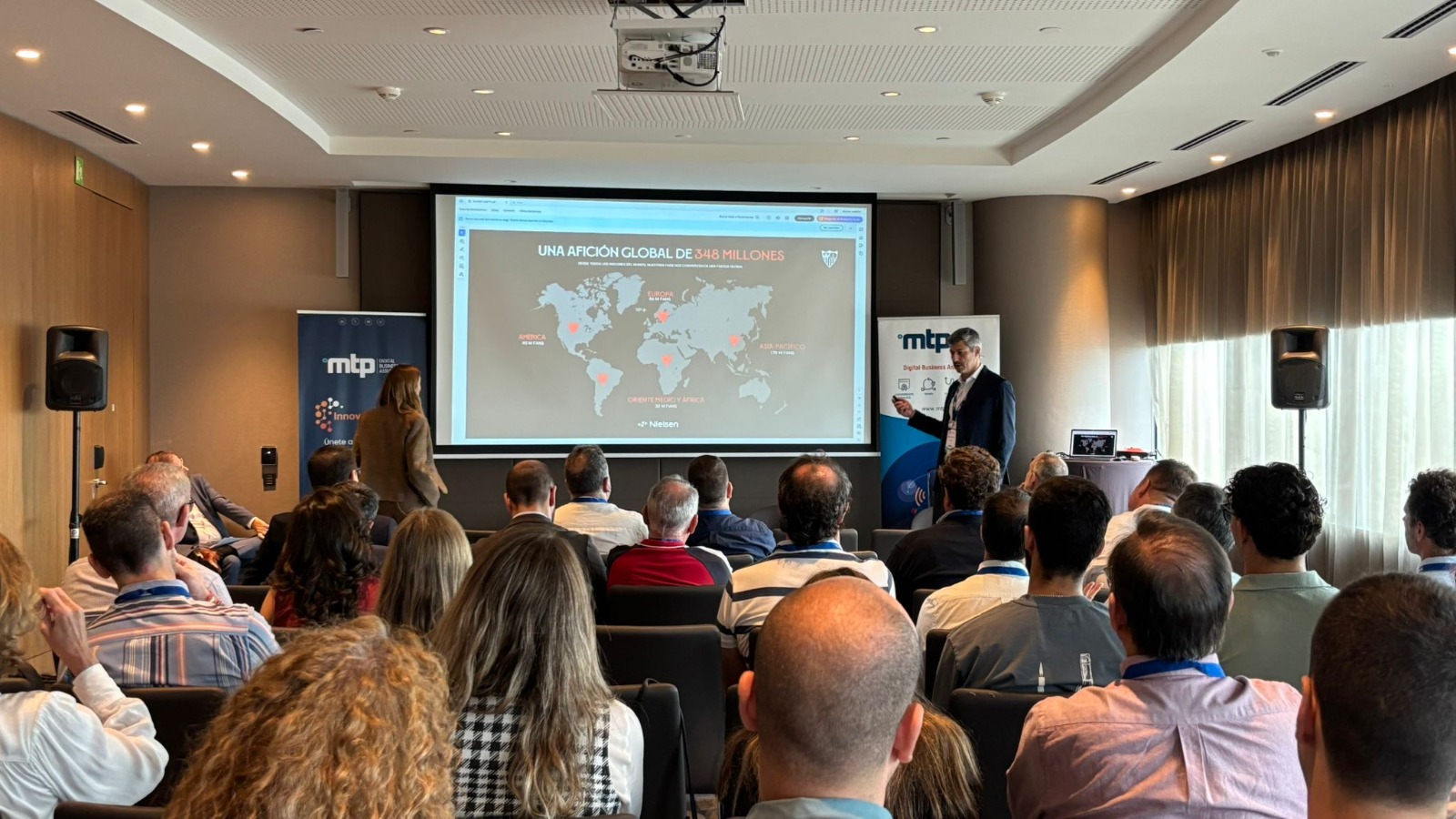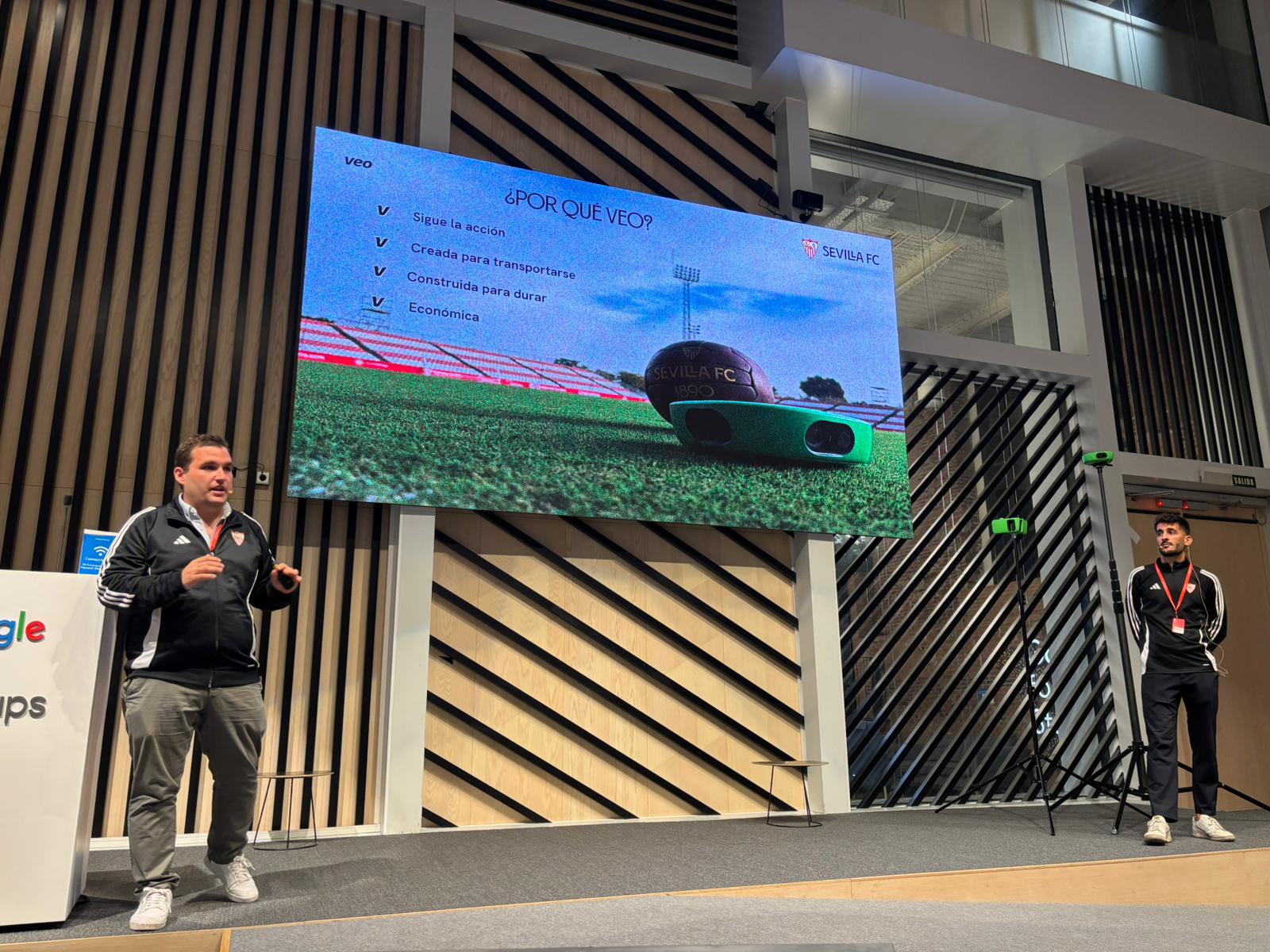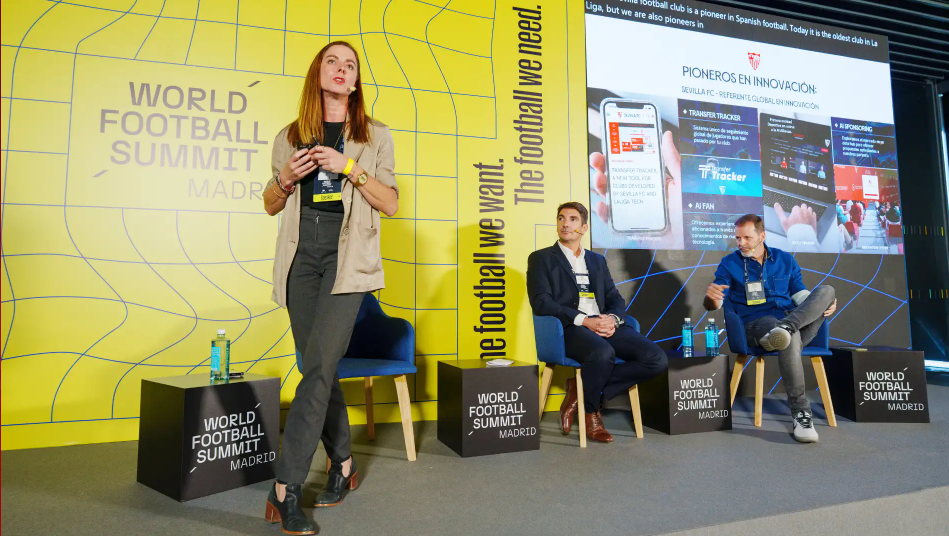
Sevilla FC continues to strengthen its position as one of the most influential clubs in Spain and across the European digital landscape. The club has recently reached a new communication milestone by surpassing 30 million followers across its official profiles worldwide.
In just two years, Sevilla FC has grown its digital community by 10 million users, consolidating its place as the fourth Spanish club with the largest social media following, behind only Real Madrid, FC Barcelona and Atlético de Madrid. This sustained growth is the result of a clear strategy that uses social media as a direct channel for connection, information and entertainment for fans, while also driving the international expansion of the Sevilla FC brand through tailored plans for each market.
Driving Digital International Expansion
Sevilla FC maintains an active presence across the main social media platforms, with particularly strong growth on TikTok and Facebook in recent years. One of the key drivers behind this development has been the club’s internationalization strategy, which uses the digital environment as a vital tool to reach new audiences. Currently, the club communicates in six languages—Spanish, English, Arabic, Chinese and Portuguese—and has a strong footprint in strategic markets such as China, where it has already surpassed two million followers on local social networks, as well as in India, Mexico, the United States, the Middle East, Africa and South America.
Sevilla FC+, A Further Step in the Club’s Digital Transformation
As part of this process, the launch of Sevilla FC+, the club’s on-demand digital content platform, has provided an additional boost to its communication strategy. Since its launch, the platform has surpassed two million views, confirming fans’ strong interest in this new format.
Sevilla FC+ completes the club’s digital media transformation and offers content that is free, registration-based, or subscription-based. Club members have access included after renewing their season ticket for 2025-2026, simply needing to activate the service, while other users can choose from the available subscription plans.
Among the platform’s most notable content are live broadcasts, which have reached peak audiences, especially for preseason matches aired exclusively. Youth academy competitions also play a key role, available both through the subscription and in a pay-per-view format, along with the program El Partido.
The platform also features a carefully curated selection of premium on-demand content, including original productions such as the documentary Jesús Navas: Sobran las Palabras and 16, a series focusing on the club’s history, identity, and fan base. Users can also access historic matches, press conferences, and interviews, adapting to new digital consumption habits. This initiative was recognized with the award for Best New OTT Platform at the SportsPro Media Awards.
